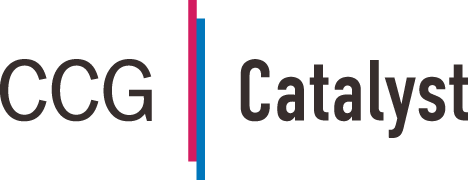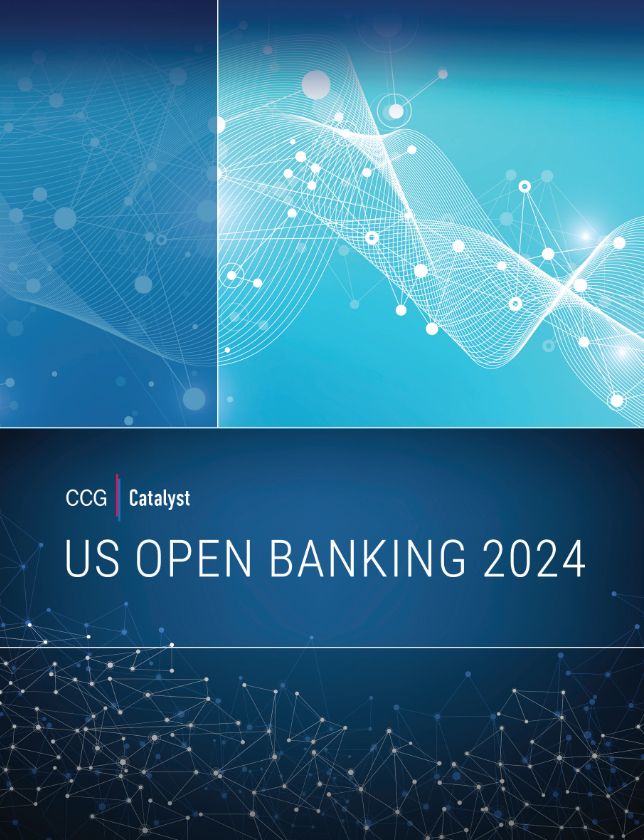Most people within financial services are familiar with the term open banking, the concept of allowing data to flow in a controlled fashion from one repository to another, i.e. from banks to third parties via API. However, for many financial service executives in the US, the actual definition and use cases related to open banking remain unclear. Is open banking an opportunity, a threat, and most importantly, does it even apply to your institution?
One of the major causes for confusion in the US is a lack of open banking regulation that lays out very specific requirements for banks to stay compliant. In Europe, there is a clearly defined regulatory framework mandating access to data banks hold through initiatives like PSD2. While the road has been bumpy, Europe has by now rolled out open banking across the continent, and as mentioned in my previous article on open banking, some estimates show that up to 87% of countries offer open banking in some form or other. Absent similar regulation in the US, institutions are left to decipher the concept for themselves, creating both opportunity and uncertainty.
When describing open banking, I often refer to it as the plumbing and piping of your institution that acts as an enabler to allow you to partner with third parties like fintechs. For some time now, the unbundling of services has left a major dent for many banks, but through open banking, financial institutions are able to diversify and expand their products and services. While most people think of the largest banks when they think of this concept, financial institutions of all sizes are starting to rethink their strategy, and many are moving from a best of suite to a best of breed approach. Nick Ambrosini, EVP and CFO of Valley Strong Credit Union believes this approach is “imperative to stay ahead and will lead to an improved member experience”.
For more information go to Forbes.
Subscribe to CCG Insights.






